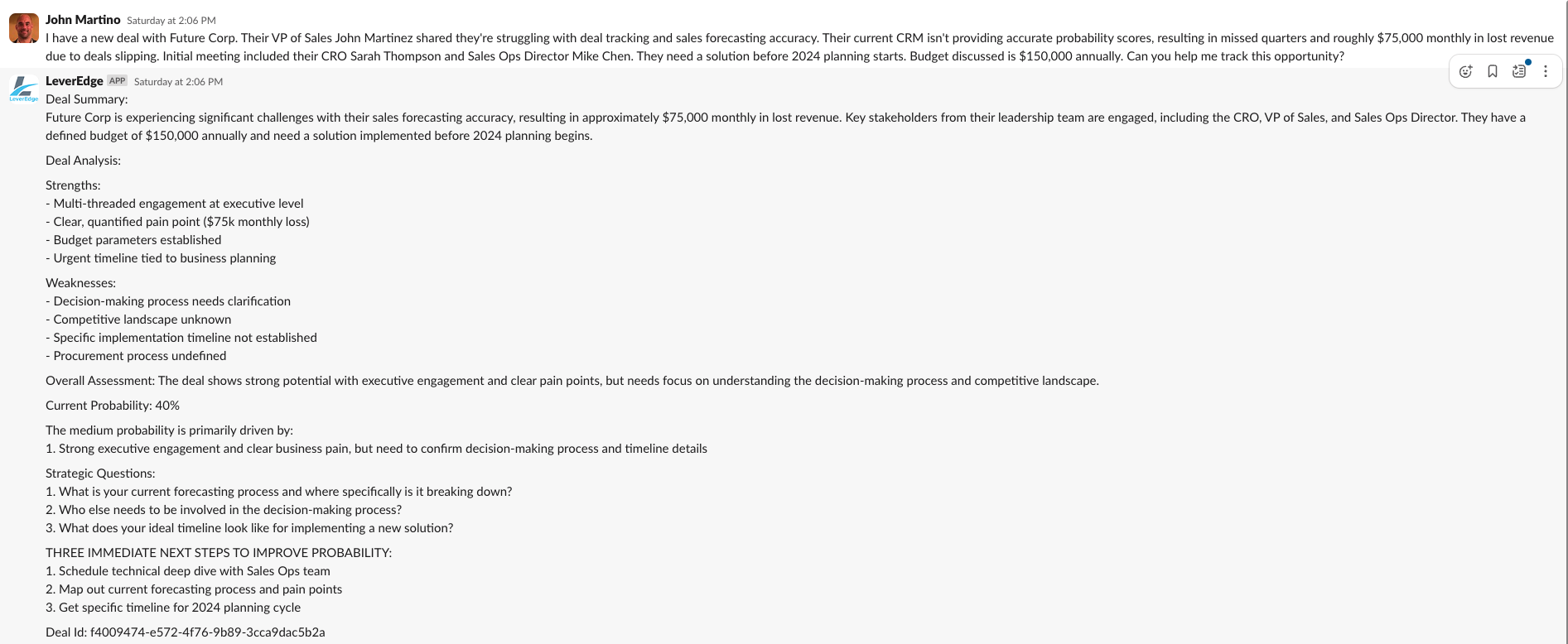You poured your heart and soul into your startup. You had the brilliant idea, built the initial product, landed those crucial first customers, and probably even closed a few deals yourself. As a founder, you're a force of nature, wearing every hat with relentless determination. But there's a tipping point in every scaling startup where the very qualities that got you off the ground can start to hold you back.
As the founder of Ricavvo, with years in revenue leadership across corporations and tech startup environments, I've seen firsthand how managing all functions—especially revenue—can overwhelm founders, stalling growth. Despite a deep sales background myself, the sheer volume of responsibilities often makes it impossible to dedicate sufficient time to the strategic pursuit of revenue while simultaneously handling product, operations, finance, and myriad other tasks.
While early sales prowess is essential, sustaining a founder-led sales model often stalls growth for startups facing revenue growth challenges, prompting questions like when to hire a fractional Chief Revenue Officer.
The Hidden Costs of Founder-Led Sales at Scale
1. Founders Stretched Across Roles Struggle to Scale Revenue Strategically
When founders juggle multiple roles, revenue generation can turn reactive and opportunistic rather than proactive and systematic. Product development, fundraising, hiring, marketing, and operations each demand strategic focus and dedicated time. Your most valuable asset—your time—needs to be spent on high-leverage activities like defining the long-term vision, overarching product strategy, and securing significant funding. This is a common revenue growth challenge that impacts many growing companies, highlighting the need for a defined revenue strategy development.
2. Overcoming Revenue Growth Challenges with Scalable Systems
Early sales are often driven by passion, deep product knowledge, and your personal network. It's often "whiteboard selling"—highly adaptable and immediate. However, to truly scale, a repeatable, measurable, and optimizable sales process improvement is essential. This involves defining your ideal customer profile (ICP), streamlining your sales funnel optimization, building robust forecasting models, and identifying predictable revenue streams. Without this structured approach, sales efforts can feel like a series of one-off victories rather than a cohesive, predictable system. Effective sales strategy development and revenue process optimization are crucial for system creation.
For a deeper dive into improving sales probability predictions, explore our insights on AI deal scoring.
3. Building a Cohesive, Data-Driven Revenue Engine
As your startup expands, so do your internal teams. Marketing generates leads, sales works to convert them, and customer success strives for retention. Without alignment, siloed teams cause revenue leaks through disjointed efforts, resulting in inconsistent messaging, wasted leads, poor customer fit, and ultimately, preventable churn. Sustainable revenue growth depends on a cohesive, end-to-end customer journey, enhanced by sales process improvement and effective pipeline management. This reduces customer acquisition cost and boosts revenue per employee.
4. The Complexity of Building a High-Performing Sales Team
Bringing on individual sales representatives or even a sales leader without a clear, strategic framework and an experienced hand to guide them can be an expensive misstep. You need someone who deeply understands how to identify, hire, onboard, train, and manage high-performing revenue teams that align with your overall business objectives. Effective sales team optimization and comprehensive sales training and support are far more intricate than simply recruiting. This highlights the importance of sales enablement, which some startups address through internal training or outsourced CRO services for added expertise.
Learn more about leveraging AI in sales coaching for comprehensive sales training and support.
Benefits of Structured Revenue Processes for Startups
Beyond sales growth, structured revenue processes streamline growth efforts, reduce customer acquisition cost, and foster lasting customer relationships. This enables founders to prioritize innovation, vision, and strategic goals, driving sustainable growth.
A dedicated revenue strategy clarifies the path to growth, creating an effective revenue system that supports long-term customer retention and consistent customer acquisition. This approach involves defining a strong growth strategy to ensure sustainable revenue growth. These processes can support revenue growth, helping startups scale efficiently.
Discover more strategies for unlocking predictable revenue in 2025.
Navigating Growth Challenges: When to Seek Specialized Support
Recognizing these challenges isn't a sign of weakness; it's a sign of maturity and strategic foresight. It signals that your startup is ready for the next level of growth, one where revenue generation moves from an ad-hoc effort to a sophisticated, predictable system.
Addressing these scaling challenges involves building structured revenue processes through refined workflows and team alignment. For instance, startups might explore options like a fractional CRO for small business to enhance structured revenue processes, supporting sustainable growth. This approach often provides flexibility compared to a full-time CRO hire.
Scaling revenue is a pivotal challenge for any growing startup. By recognizing the limitations of founder-led sales and embracing structured processes, founders can unlock their company's potential for sustainable, long-term growth.



